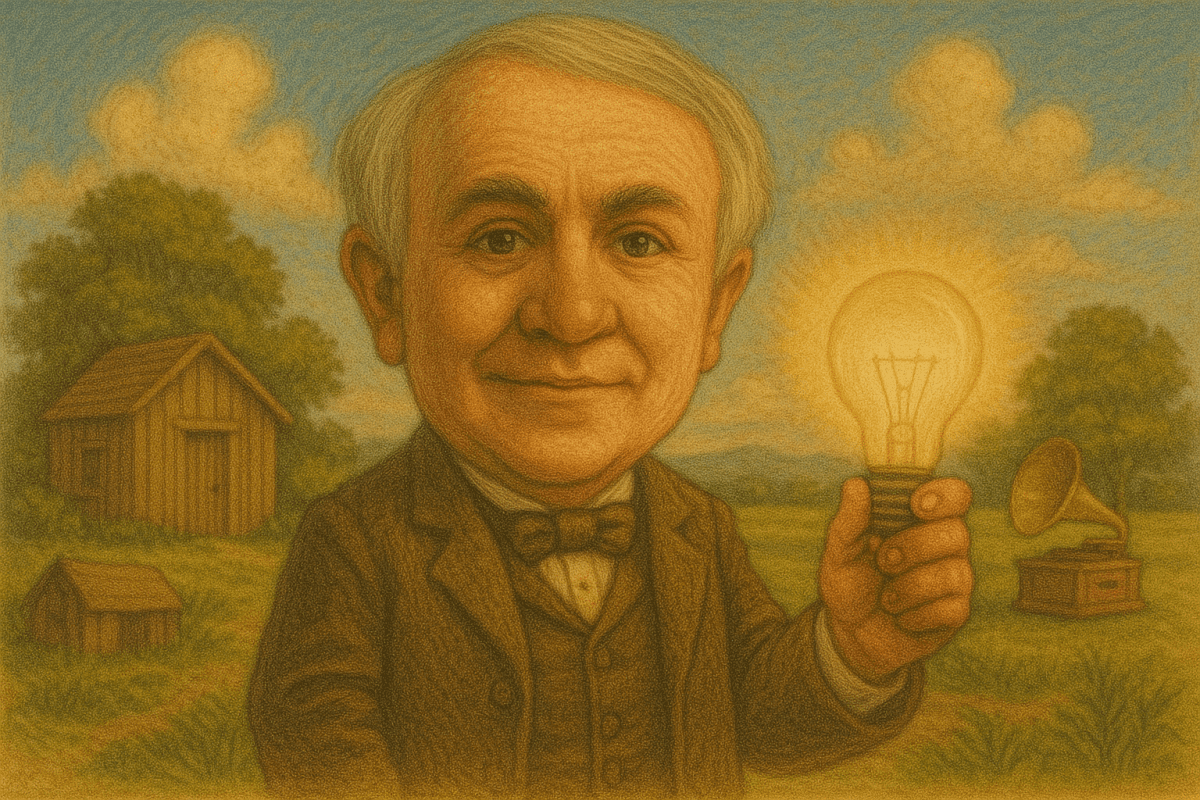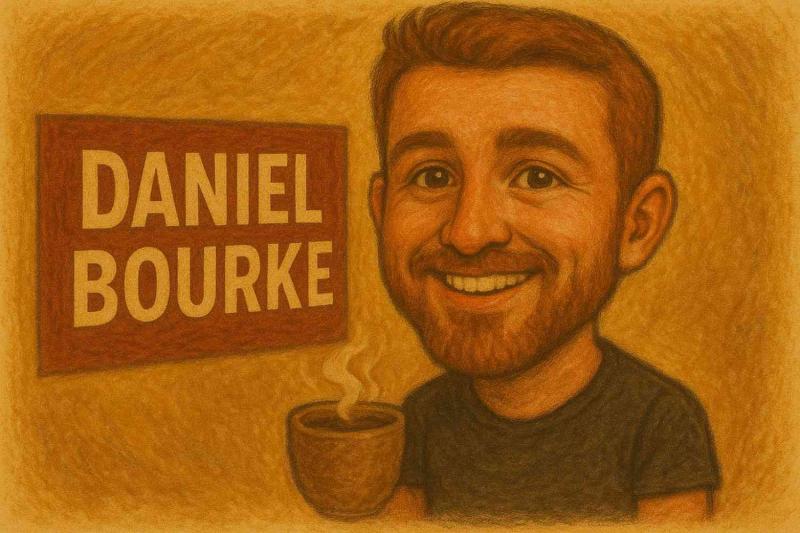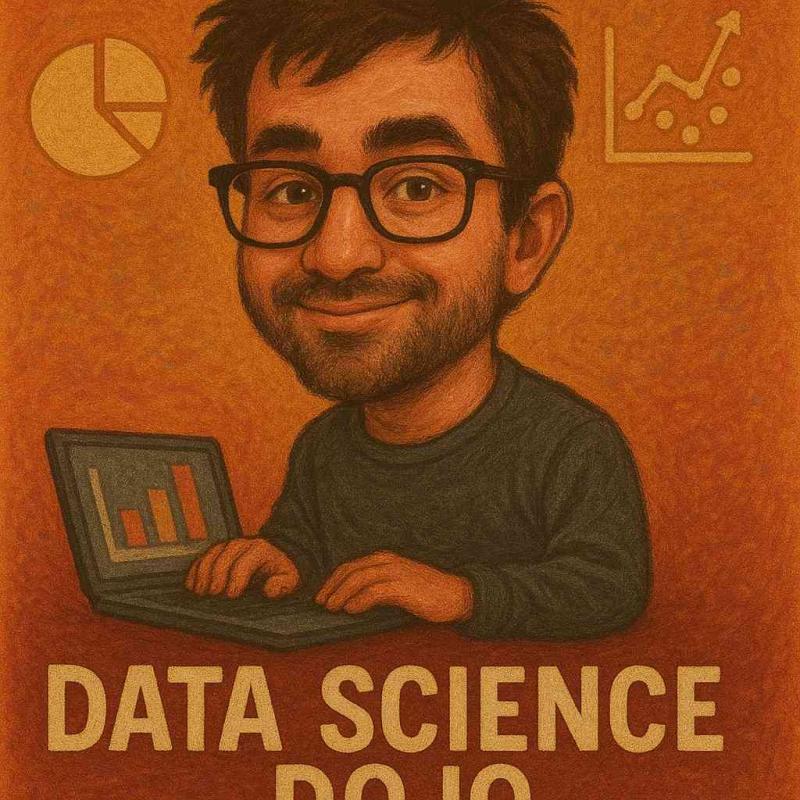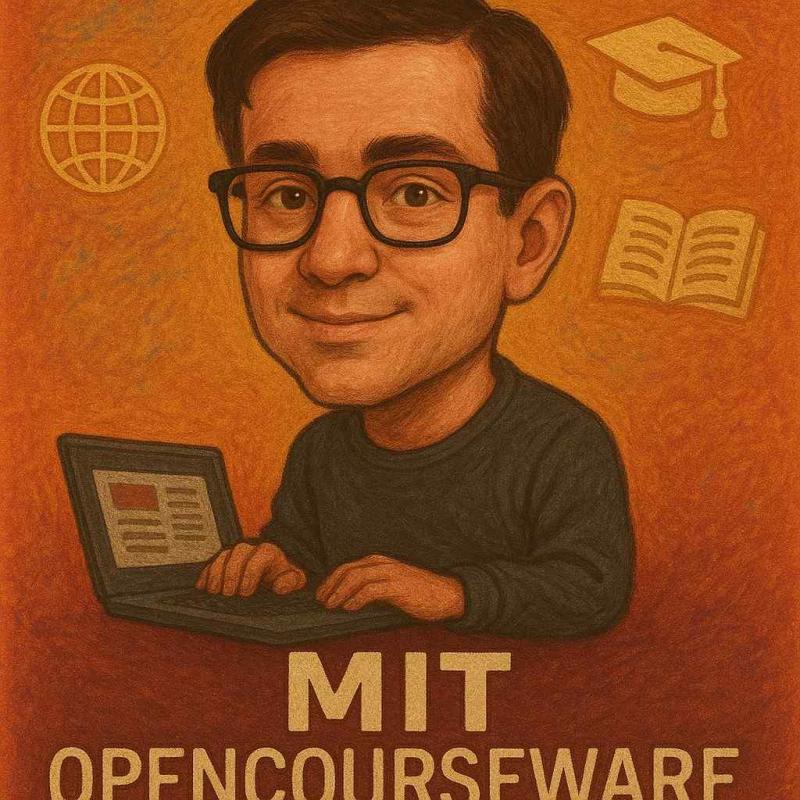Thomas Edison: The Wizard Who Lit Up Our World
Ever wonder who's responsible for you not stubbing your toe in the dark? That's right, it's our friend Thomas Edison – the guy behind that light bulb moment we literally all benefit from. But Edison was so much more than just the light bulb dude. He was a serial inventor, business mogul, and honestly kind of a workaholic who transformed how we live today.
The Man Behind the Myths
Thomas Alva Edison entered the world on February 11, 1847, in Milan, Ohio. Now, I love a good "overcoming obstacles" story, and Edison delivers. He only attended formal school for a few months before his teacher allegedly called him "addled" (basically saying he wasn't smart enough for school). His mom, basically the MVP, decided to homeschool him instead.
And thank goodness she did! Little did that teacher know they were dismissing one of history's greatest inventors. Talk about a hiring mistake, am I right? :)
What's particularly wild about Edison is that he was partially deaf, likely from a childhood bout of scarlet fever. But in classic Edison fashion, he turned this supposed disadvantage into a strength, claiming it helped him concentrate deeply on his work without distractions.
Patent Machine: Edison's Greatest Hits
When people say they're "productive," I usually roll my eyes. But Edison? This man held over 1,000 patents. ONE THOUSAND. I feel accomplished when I remember to water my plants twice a week.
Some of his greatest inventions include:
-
The Phonograph (1877): Edison's personal favorite invention, this device recorded and played back sound. Before Spotify, before iPods, before even your grandparents' vinyl records – there was Edison's phonograph revolutionizing how humans experienced music and sound.
-
The Electric Light Bulb (1879): While contrary to popular belief, Edison didn't invent the very first light bulb, he created the first PRACTICAL incandescent light that could last for hours instead of minutes. It's like the difference between a car that runs for 10 minutes versus one that actually gets you places.
-
Motion Picture Camera (1891): That's right – next time you're watching Netflix, pour one out for Edison. His Kinetograph was groundbreaking technology that helped birth the film industry.
-
The Alkaline Storage Battery (1901): Not as sexy as the others but incredibly important for the development of electric vehicles. Edison was thinking about EVs way before Tesla made them cool.
General Electric: Building an Empire
In 1892, Edison merged his Edison General Electric Company with Thomson-Houston Electric Company to form what we now know as General Electric (GE). This wasn't just another business venture – it became one of the largest and most diversified corporations in the world.
FYI – GE was one of the original 12 companies listed on the Dow Jones Industrial Average and remained there for over 120 years until 2018. Edison basically created a business that outlasted most nations' political systems.
The creation of GE wasn't just about making money (though Edison was definitely into that too). It was about scaling his innovations and creating infrastructure for the electrical revolution he helped pioneer. He understood that great inventions needed great companies to bring them to the masses.
The Edison Method: Perspiration Beats Inspiration
Edison famously said, "Genius is one percent inspiration and ninety-nine percent perspiration." And man, did he sweat! His work ethic was legendary. At his peak, he would work 20-hour days and expect his employees to keep up. (Thankfully, labor laws have improved since then.)
His approach to invention was methodical and relentless. Take the light bulb – he tested over 6,000 materials for the filament before finding one that worked properly. SIX THOUSAND. I can't even try six different restaurants before giving up and going back to my favorite.
Edison established the world's first industrial research laboratory in Menlo Park, New Jersey. This wasn't just a workshop – it was an innovation factory where dozens of researchers worked collaboratively. He basically invented the concept of R&D that every tech company now depends on.
The Dark Side of the Light Bulb Inventor
No legendary figure comes without controversy, and Edison had his share. His most famous feud was with Nikola Tesla, his former employee who championed alternating current (AC) while Edison stubbornly stuck with direct current (DC).
Edison went to some pretty extreme lengths in this "War of Currents," including publicly electrocuting animals to show the "dangers" of AC power. Not exactly his finest hour. Spoiler alert: Tesla's AC system won out in the end because it was simply better for transmitting electricity over long distances.
Edison was also known for taking credit for inventions developed by those working under him. While he created the vision and environment for innovation, many specific breakthroughs came from his team of talented engineers and scientists. The man knew how to brand himself, that's for sure.
Edison's Legacy: More Than Just Bright Ideas
When Edison died on October 18, 1931, at age 84, the nation mourned the loss of its greatest inventor. As a tribute, people across America turned off their electric lights for a minute – a fitting gesture for the man who had literally illuminated the world.
His legacy goes beyond specific inventions. Edison helped create the modern world through:
- Establishing the model for industrial research
- Demonstrating how technology could be commercialized
- Creating systems, not just products
- Showing how persistence often matters more than brilliance
In today's terms, Edison wasn't just an inventor – he was a disruptor, an entrepreneur, and a visionary who saw possibilities others couldn't imagine.
The Light Bulb Moment
The next time you flip a light switch, listen to music, or watch a movie, take a second to appreciate how Edison's work still impacts your daily life. In an era of rapid technological change, it's easy to take these things for granted.
But imagine trying to explain to Edison that we now carry devices in our pockets that can access almost all human knowledge, communicate instantly across the world, and yes, even function as a lightbulb when needed. I think even the great inventor would be amazed at how his early innovations helped spark the modern technological revolution.
Edison reminds us that innovation isn't always about being the smartest person in the room – it's about being the most determined, the most willing to fail, and the most able to see how technology can solve human problems.
And that's a lesson that will never burn out.



